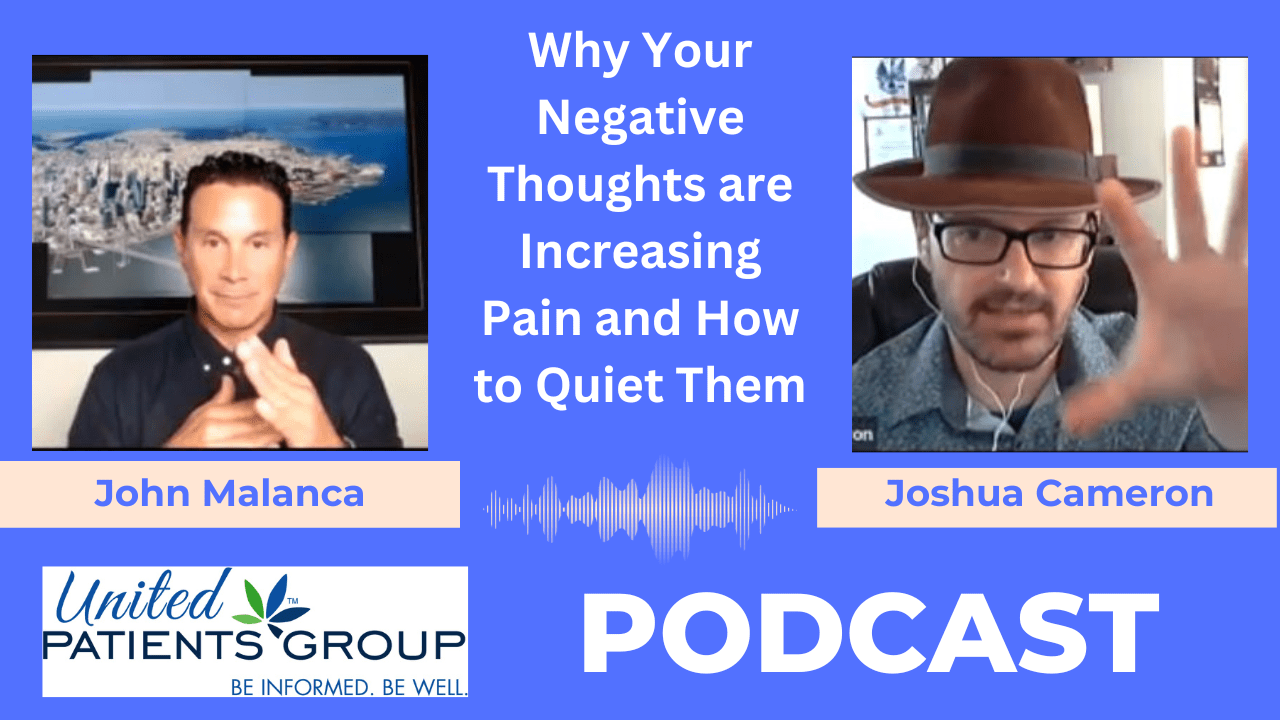Article Topics
How to Calm Your Anxious Brain
Introduction
Most of us have an anxious mind, and for some of us, anxiety is a serious problem. But even if you fall into the latter group, there are steps you can take to calm your anxious brain.
Stop Telling Yourself the Story of the Worst That Could Happen
- Stop telling yourself the story of the worst that could happen.
There are many reasons why our brains tell us stories, but one of them is to help us prepare for what might happen in the future. When we think about something bad happening, it makes sense to imagine all of the ways it could go wrong and what we’d do if that happened. But when you’re anxious about something, your brain tends to exaggerate how bad (or good) things will be—and this can lead to anxiety spiraling out of control as you think about all sorts of horrible outcomes. By stopping yourself from going down this rabbit hole and reminding yourself that most likely nothing disastrous is going to occur, you’ll stop worrying so much about things being bad in an unrealistic way and instead focus on more practical actions like getting help or making contingency plans. Remember the old saying, “Anxiety’s like a rocking chair. It gives you something to do, but it doesn’t get you very far.” So true, so true…but we’ve all been there, we’re human. :)
Ask Yourself Why You Feel Anxious
In order to calm your anxious brain, you need to understand why it is behaving this way. Ask yourself these questions:
- Why do I feel anxious?
- What triggers my anxiety?
- What am I afraid will happen if I don’t feel anxious?
- What is the worst thing that could happen if I don’t feel anxious?
Breathe Your Way Back to Center
The next time you’re feeling anxious, try this exercise:
- Close your eyes and take a few deep breaths. Inhale through the nose slowly and deeply through the diaphragm (the area below your rib cage). Hold for a few counts before exhaling slowly through pursed lips. Repeat four to six times.
- When you’re comfortable with mindful breathing, add movement. Try making small circular movements with your hands or feet as you breathe in and out; visualize something calming—like blue sky or ocean waves—while doing so.
Alternatively, if it feels more doable for you today:
- Breathe from the belly instead of chest or shoulders by contracting your abdominal muscles when inhaling (think about sucking in air) versus relaxing them during exhalation (think about blowing out air). If possible, practice this technique while sitting up straight rather than slouching forward or backward (which can encourage shallow breathing).
- Write down a list of ‘To Do’ items, and cross them off when complete. This will free up some space in your brain.
- Take a walk, exercise. Fresh air and sunlight can do wonders for the crowded brain.
- Cannabis…many patients have found success with this plant. Remember, more is not better.
Treat Yourself with Compassion
When you’re struggling with anxiety, it can be hard to end the conversation with yourself and move on. The same goes for when you’re feeling stressed or overwhelmed by a project or problem at work. Here are some ways to help your brain transition into less stressed mode:
- Treat yourself with compassion. When we’re anxious, we tend to treat ourselves harshly and make comparisons like “I’m so anxious I should be able to get this done on time” or “I’m such an idiot for forgetting my password again!” Instead of being hard on yourself, try treating yourself as if you were comforting a friend who was going through something similar—that might mean offering assurance that everything will be OK or providing reassurance that nobody expects perfection from themselves all the time (especially when there’s so much pressure in today’s workplace). It’s important not to confuse self-compassion with self-pity or self-indulgence; those feelings only bring more anxiety into your life because they perpetuate negative vibrations within us!
Focus on the Present Moment
One of the best ways to calm your anxious brain is to focus on the present moment. When you are dealing with anxiety, it can be very easy to get caught up in your head and ruminate over what might happen in the future or obsess about a past event that made you feel anxious. These thoughts can make it difficult for you to enjoy life and live in present time because they will distract from what is actually happening.
To practice being more present, try focusing on what you’re doing right now (e.g., reading this article). If possible, try not thinking about anything else besides what’s directly in front of you (e.g., breath). If this isn’t possible due to the nature of your task or setting (e.g., studying), then take frequent breaks by closing your eyes or looking away from whatever is making it difficult for you focus without guilt or shame—and do so without judging yourself as “being distracted” by these thoughts! Finally, if even these techniques don’t work well enough on their own then allow yourself some space before returning back into whatever activity was causing difficulty earlier.”
Self-awareness and self-compassion are critical in calming your anxious brain
You need to be able to see your thoughts, feelings, and behaviors clearly without judgment. If you are constantly judging yourself or being too hard on yourself when things don’t go well, then it becomes very difficult to calm down. Self-compassion is the ability to be kind and understanding of yourself even in the face of failure or disappointment.
Conclusion
Anxiety is a normal, healthy response to stressors. However, when it becomes chronic and interferes with your ability to function at work or in other areas of your life, it’s time to seek help. Cognitive behavioral therapy (CBT) has been shown effective in treating anxiety disorders and one component of CBT is identifying triggers that cause anxious thoughts. With this knowledge and understanding of your own patterns, you can begin to take steps toward reducing anxiety when it arises.







































Leave a Reply Cancel reply